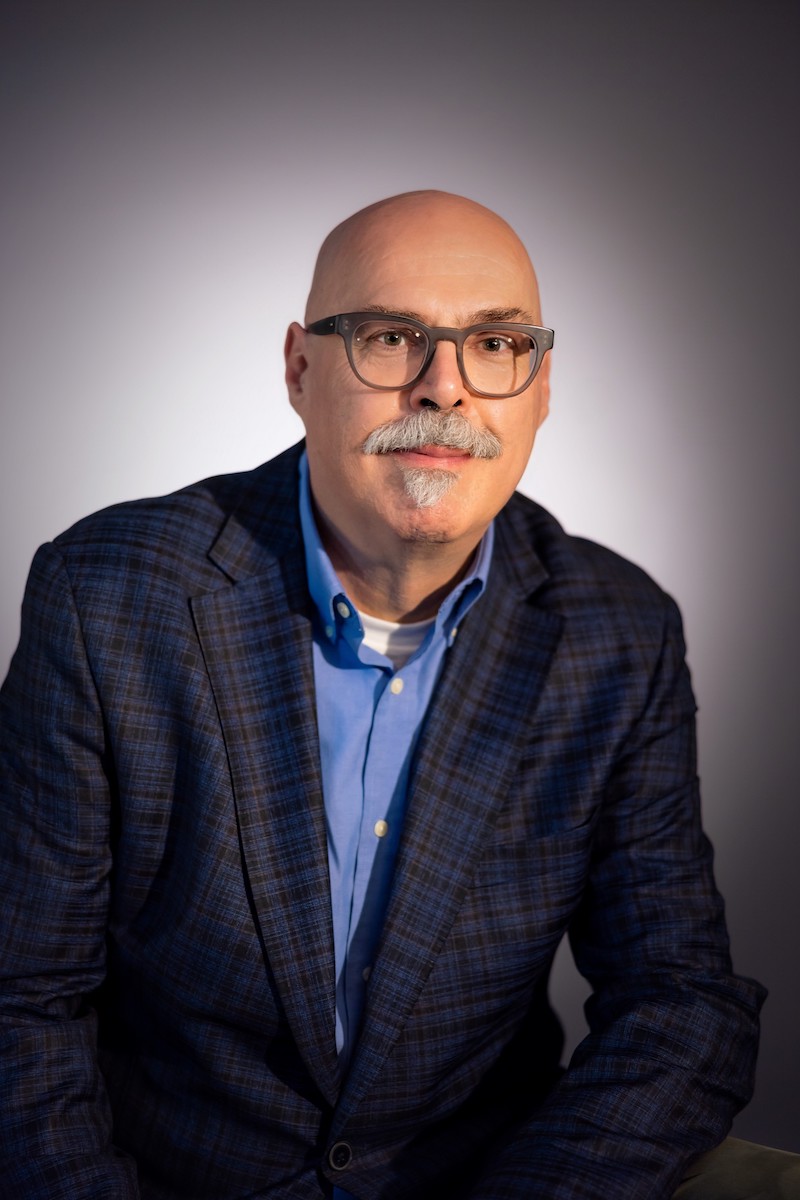
As director of the Center for Ethics, John Lysaker plans to strengthen partnerships and deepen engagement across Emory.
An interdisciplinary endeavor founded more than three decades ago, Emory’s Center for Ethics is dedicated to exploring how ethical issues underlie the decisions that shape our minds, lives and society. As director, Lysaker will lead the center’s staff and 10 core faculty, as well as 50 additional affiliated faculty members across Emory, on a wide range of programming, events and resources for faculty, students and public and private organizations.
“John is a broadly-based scholar deeply committed to expanding our ethical horizons and engaging our schools and community in discussions around ethical life,” says Ravi V. Bellamkonda, provost and executive vice president for academic affairs, who announced Lysaker’s appointment last fall. “His leadership will be pivotal in strengthening our commitment to exploring what it means to live an ethical, meaningful and purposeful life.”
Since joining Emory in 2009, Lysaker has established himself as a collaborator across disciplines, with experience as a department chair, an innovator of undergraduate and graduate programs and a caring and dynamic teacher.
Following his announcement as the center’s new director, he has spent several months meeting with faculty across the university, engaging in conversations regarding ethics and the future of the center. As he begins his tenure as director, Lysaker shares more about his approach to ethics and his vision for the center.
Q: How has your research as a professor of philosophy prepared you for your new role as director of the Center for Ethics?
A: Philosophy lives and dies in its ability to raise and address vexing questions, and at its best, it is something like an art of conversation. Having written about this in various ways, I’m anxious to intensify and expand the kind of conversations taking place at Emory, which will intensify and expand my own as well. Also, the central question animating my research and teaching remains, “What does human flourishing involve, and what forces enable and/or undermine flourishing?” This has led me to questions of character, the intricacies of trust and forgiveness, and the good and moral potential of friendship. It also has led me to explore how the arts can enable human flourishing and what flourishing entails under conditions of severe mental illness. We all want a good life. My job has always been thinking carefully about what that entails and requires.
Q: How will you build on the success and growth of the center in recent years?
A: I am honored to be succeeding Paul and building upon all he and [associate director] Kathy Kinlaw have done for the center and its constituencies — from the robust ethics education the center provides to students in the School of Medicine to the D. Abbot Turner Program in Ethics and Servant Leadership, which, among things, pairs Emory College students with community partners who are agents of change. Those efforts not only will continue, but I am looking to enrich them for the next generation of students who benefit from the care and expertise housed in the center.
Q: What are your priorities for the center’s work and programming?
A: In addition to maintaining its current strengths in health care ethics, the center will increase its research and programming around questions concerning moral excellence and the good life. An ethical life should be the aspiration of everyone, one that quickly comes to mind when we ask ourselves “Who do I want to be?” or “For what do I want to be remembered?” To enrich our efforts in this area, the Emory Purpose Project will now be housed in the center, where it will remain under the leadership of Ira Bedzow, who is a member of the center’s core faculty. The center is now really poised to address questions of the good life across its research, teaching and public-facing mission. I hope other faculty and students will want to join this essential stream of inquiry and reflection.
Q: What are the future plans for enhancing research and teaching at the center?
A: Starting next year, the center will host a biweekly research seminar, where Emory faculty and students can present work in ethics and receive valuable feedback. We also hope to multiply the number of student interest groups that we host, such as the Bioethics Society, which includes 51 members. The most ambitious plan is to develop a residential fellows program, which will include Emory faculty from every school as well as external scholars and professionals working in ethics. A strong center stimulates research locally, nationally and internationally. A residential fellows program will only intensify the already rich research and teaching environment of the center.
Q: How do you plan to engage with the Emory community on conversations of ethics?
A: Next year will involve something of a listening tour. What ethical questions are animating our students and faculty, and what is the best way to join people in addressing them? For example, Emory is building a community in AI Ethics as part of its AI.Humanity initiative. Come August, I, along with Joe Sutherland, director of Emory’s Center for AI Learning, plan to convene those scholars to explore how best to support them and to think strategically about what growth in that area should involve. More generally, the center has beautiful spaces for focused, potentially transformative discussions, and webinars are always an option. But we also are exploring programming at different points across and beyond campus such as art galleries, public libraries and other area institutions. I invite any and every campus organization to schedule time with me to discuss opportunities for collaboration. All spaces are ethics spaces. We'll come to you.
For more information, please visit the Emory Center for Ethics website.
